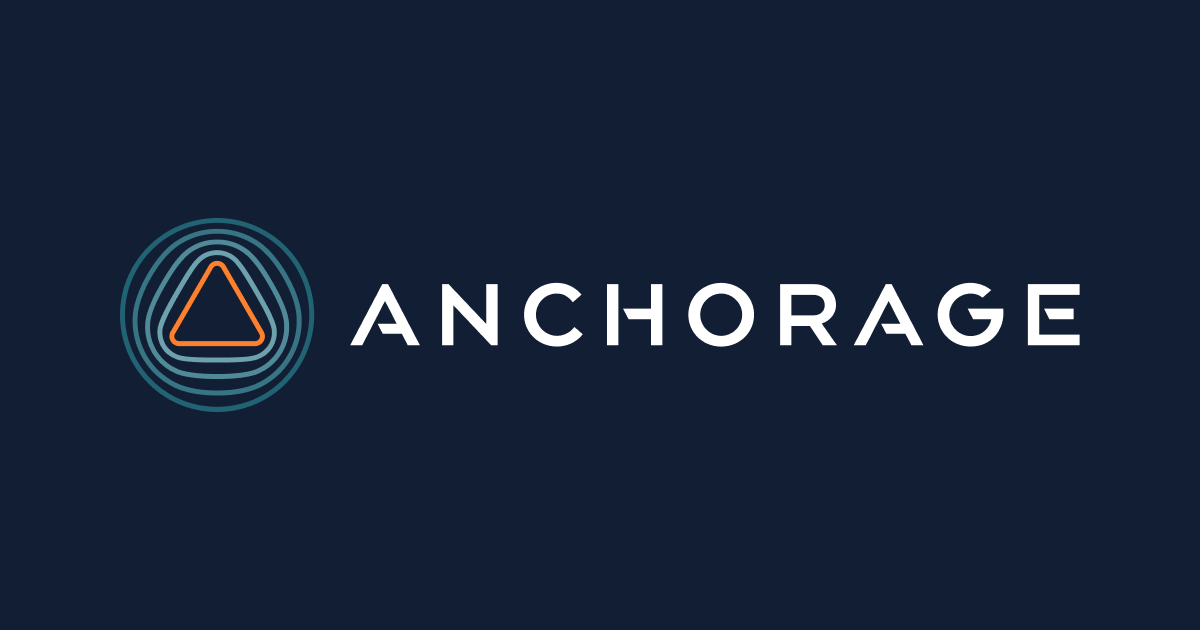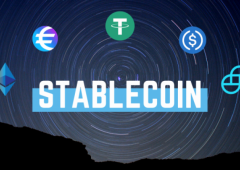Anchorage Bets Big on Stablecoins With Strategic Mountain Protocol Takeover
14.05.2025 11:00 1 min. read
Anchorage Digital, the only federally chartered crypto bank in the U.S., is strengthening its position in the stablecoin arena with the acquisition of Bermuda-based Mountain Protocol.
The deal, which is still pending regulatory approval, brings Mountain’s team and licensing framework under Anchorage’s expanding umbrella.
Mountain Protocol, known for issuing the USDM stablecoin, will begin phasing out its core product as part of the transition. The move signals a strategic pivot, as Anchorage prepares to scale its stablecoin capabilities to meet growing institutional demand.
CEO Nathan McCauley of Anchorage said the acquisition reflects a long-term bet on stablecoins as a foundational layer of crypto finance. “We believe stablecoins will soon become essential infrastructure for businesses globally,” he noted.
For Mountain Protocol, the partnership offers scale. CEO Martin Carrica emphasized that combining Anchorage’s robust infrastructure with Mountain’s stablecoin expertise will help the joint operation serve a growing market with regulatory clarity and global reach.
The acquisition follows a string of similar moves across the crypto and traditional finance space, as firms position themselves for the next phase of digital asset adoption. Anchorage’s acquisition comes less than a year after it launched a stablecoin rewards program tied to PayPal’s PYUSD.
As stablecoins continue to carve out a central role in institutional finance, Anchorage’s latest move suggests it’s aiming to lead the charge.
-
1
UK Regulators Unveil PISCES – A New Era for Private Share Trading
11.06.2025 15:00 2 min. read -
2
Trump Turns 79 With Billions in Crypto and a $45M Parade
14.06.2025 22:00 2 min. read -
3
Polygon Breaks from Decentralization as Sandeep Nailwal Assumes Full Control
11.06.2025 20:00 2 min. read -
4
KuCoin Plants Its Flag in Bangkok With a Licensed Thai Exchange
14.06.2025 13:00 1 min. read -
5
Nvidia CEO Urges UK to Invest in AI Infrastructure or Risk Falling Behind
10.06.2025 9:00 1 min. read
U.S. Bank Advises Clients to Drop These Cryptocurrencies
Anchorage Digital, a federally chartered crypto custody bank, is urging its institutional clients to move away from major stablecoins like USDC, Agora USD (AUSD), and Usual USD (USD0), recommending instead a shift to the Global Dollar (USDG) — a stablecoin issued by Paxos and backed by a consortium that includes Anchorage itself.
Vitalik Buterin Warns Digital ID Projects Could End Pseudonymity
Ethereum co-founder Vitalik Buterin has voiced concerns over the rise of zero-knowledge (ZK) digital identity projects, specifically warning that systems like World — formerly Worldcoin and backed by OpenAI’s Sam Altman — could undermine pseudonymity in the digital world.
What Are the Key Trends in European Consumer Payments for 2024?
A new report by the European Central Bank (ECB) reveals that digital payment methods continue to gain ground across the euro area, though cash remains a vital part of the consumer payment landscape — particularly for small-value transactions and person-to-person (P2P) payments.
History Shows War Panic Selling Hurts Crypto Traders
Geopolitical conflict rattles markets, but history shows panic selling crypto in response is usually the wrong move.
-
1
UK Regulators Unveil PISCES – A New Era for Private Share Trading
11.06.2025 15:00 2 min. read -
2
Trump Turns 79 With Billions in Crypto and a $45M Parade
14.06.2025 22:00 2 min. read -
3
Polygon Breaks from Decentralization as Sandeep Nailwal Assumes Full Control
11.06.2025 20:00 2 min. read -
4
KuCoin Plants Its Flag in Bangkok With a Licensed Thai Exchange
14.06.2025 13:00 1 min. read -
5
Nvidia CEO Urges UK to Invest in AI Infrastructure or Risk Falling Behind
10.06.2025 9:00 1 min. read


